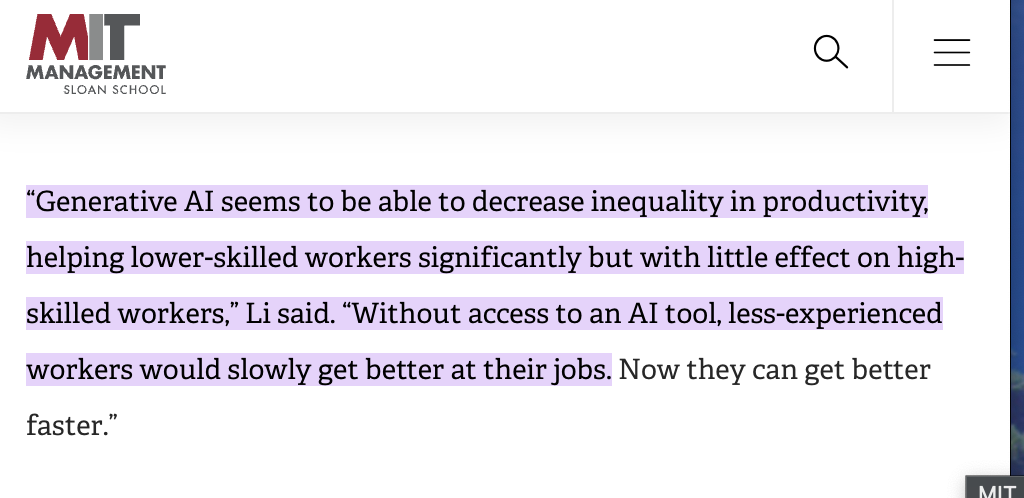
Resolves YES iff I judge that for the typical new blog post, my use of LLMs is such that I would spend half an hour in a boring and pointless conversation in order to have access to LLMs in writing the post.
As a benchmark:
I would pay this:
To not listen to a person saying "meep" over and over while I write, in a high pitched voice, without my being able to not hear it.
To be able to work in my bed instead of at a desk.
To have access to both hands rather than one while typing.
To have access to the internet.
I would not pay this:
To work in any paticular text editor over text-edit.
To have access to a thesaurus, even though I really love a good thesaurus.
To have access to music.
To have access to wikipedia.
Feel free to show me how to get value from an LLM.
I will not bet on this market.
🏅 Top traders
| # | Name | Total profit |
|---|---|---|
| 1 | Ṁ128 | |
| 2 | Ṁ117 | |
| 3 | Ṁ67 | |
| 4 | Ṁ61 | |
| 5 | Ṁ31 |
People are also trading
Not quite there yet, but would you pay half an hour to get access to an LLM while writing a post today, @KatjaGrace?
@firstuserhere I think I might not pay the cost of opening the LLM, but I haven't blogged much in a little bit. May blog today, so can perhaps update later. I have found LLMs somewhat useful in my life recently.
@KatjaGrace I wonder then, what kinds of stuff you find it useful for recently. I personally use it to combine ideas and make my idea space well connected more than anything else, though sometimes to proofread some proposals, making them slightly more formal or informal, or to generate arbitrary manifold markets questions xD
@firstuserhere I'd be curious for an example of combining ideas and making your idea space well connected.
One use case I can imagine for a blog post is if I wanted a bunch of citations for a thing I vaguely remembered seeing, which sometimes comes up, but not in most blog posts by default.
Main uses recently are getting somewhat obvious advice (e.g. I give it my plan for the week, and it says like 'have you considered outsourcing stuff? have you considered that you have too much stuff on and you won't get it done?'), writing professional sounding prose for bulk emails, and suggesting rewordings for survey questions.
@KatjaGrace it is fairly fuzzy but whenever I'm reading a paper, I start a section and have GPT-4 create a library of the key ideas covered in that section in a format like
Paragraph 2:
concise summary: " "
key idea: " "
category: " " (here its either explanatory when this paragraph is elaborating on some claim of the previous paragraph, or interesting when the claim is a new one)
connections: " ", " " (here it is just references to previous paragraphs. I just want it to help me provide directions of relations between concepts and not actually attempt to explain them to me, which would be bad).
At this point, I'd typically read the paragraph 2, and manually edit the outputs by GPT-4 and tell it to keep this as the revised version of paragraph2's summary. At the end of the paper, whether its due to the immersive nature of thinking hard about how all the ideas connect together or due to some other reason, I feel like i get a stronger understanding this way.
Of course, this is what multiple passes over a paper do as well, reading in pass 1 -> get structure of the paper -> pass 2 -> understand key concepts of the paper -> pass 3 -> why did the authors do < this > , <this> , and < this > in the way they did for the paper and not some other way.
p.s here paragraphs are not defined as the way paragraphs are in english, sometimes a paragraph is what i call an entire section, or sometimes its just a few lines
